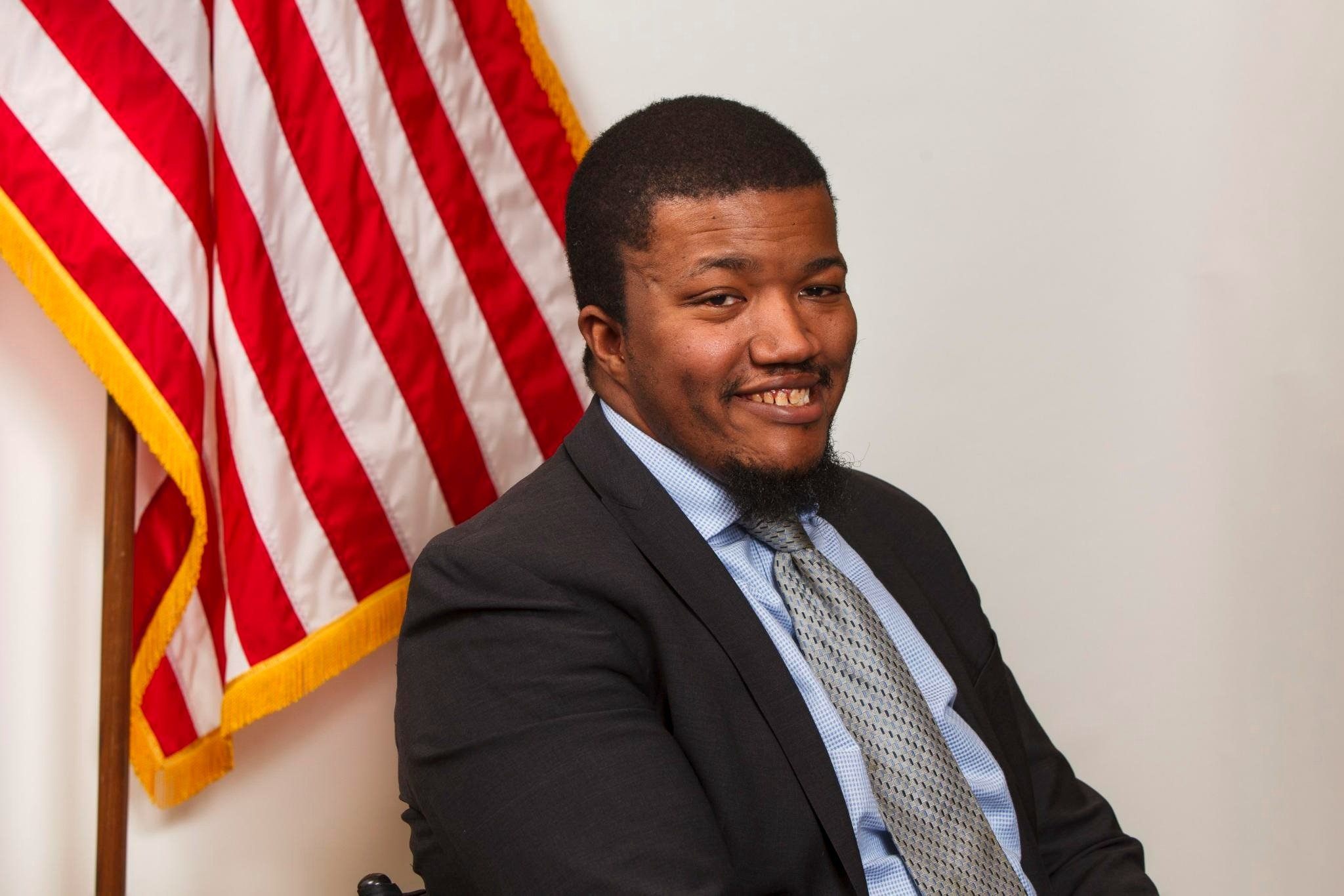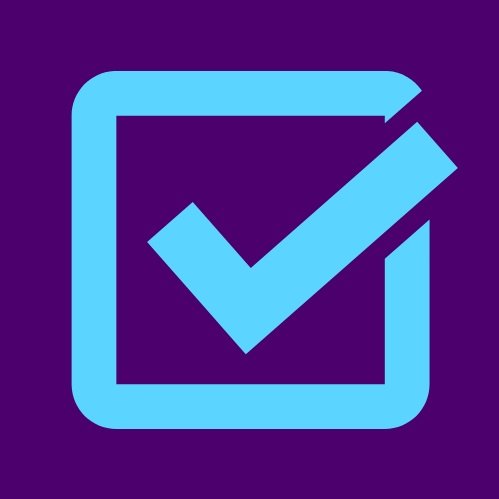About Disability Victory
Disability Victory is a 501(c)(4) organization. Our mission is to build the political power of disabled progressives through training, networking, and leadership development.
We envision a country where disabled people have the information, support, and skills they need to successfully lead as candidates, elected officials, and campaign staff.
What We Do
-
We will build the power of disabled people who want to run for office or work on a campaign by delivering an accessible campaign training curriculum. This programming will be led by organizers, consultants, and elected officials who can speak to the challenges that disabled leaders face in the campaign environment.
Our programming will focus on essential campaign and organizing skills, including starting a campaign, self and opposition research, developing your story as a candidate, fundraising, organizing tactics, advocacy skills, digital media, and campaign outreach methods.
Disability Victory’s training will teach disabled leaders how to address the challenges they will face as candidates, staff, and organizers, whether that’s canvassing with a mobility disability, doing accessible digital organizing, or confronting ableism in the political space.
Join our mailing list for updates on Disability Victory programming.
-
We are dedicated to building an accessible and inclusive progressive training environment. As accessibility and disability inclusion subject matter experts, we will help other training and advocacy organizations become more accessible and inclusive through strategic partnerships, consulting, and training.
Work with Disability Victory to ensure that your progressive organization is inclusive to disabled leaders. Want to work with us? Contact us at hello@disabilityvictory.org.
-
We build power most effectively when we work together and learn from each other. Disability Victory is working to build a community of disabled leaders who can find support, comradery, and opportunities to collaborate. We will also connect other organizations dedicated to disability inclusion with disabled candidates for elected office, elected officials, organizers, activists, and advocates to ensure that their programming is inclusive of disabled leaders.
Leadership
-

Sarah Blahovec
Co-Founder, Co-Director, & President
-

Neal Carter
Co-Founder, Co-Director, & Vice President
-

Dom Kelly
Treasurer, Board of Directors
-

Rebecca Lamorte
Secretary, Board of Directors
-

Atima Omara
Board of Directors
“[Disabled politicians] are a rare sight...due to intersectional disempowerment, lack of access to support systems, unresolved barriers, and varying strength of legislation.”
- “Intersectional Disempowerment", RepresentWomen, 2021
Photo courtesy of Disabled and Here
The Disability Representation Gap
1 in 4—and Growing
Disabled people are powerful change makers who comprise a quarter of the U.S. adult population. From elected officials like Senator Tammy Duckworth and Congresswoman Ayanna Pressley, to the grassroots advocates who put their bodies on the line to save the Affordable Care Act and Medicaid, disabled leaders are organizing to effect progressive change. Every issue is a disability issue, including employment, health care, affordable housing, climate change, transportation, racial justice, and reproductive justice.
A disability is anything that can impact major life activities. It includes everything from cancer to autoimmune diseases, to physical disability, to depression, to chronic pain, to living with the effects of lead contamination. Every one of us knows and loves many disabled people, and we are more likely to become disabled as we age. The number of disabled Americans has been on the rise, with up to 24 million U.S. adults diagnosed with Long COVID by Fall 2022.
Disabled people encounter barriers in education, employment, health care, and a political system in a society that isn’t made to include us. With an increase in the number of disabled people, and given the impact of the 2016 election on women running for office, we believe even more disabled people will run for office as a result of experiencing these barriers.
Underrepresented in Elected Leadership
Research has shown that disabled Americans are underrepresented at all levels of government. A 2019 study of 37,000 elected officials found that 1 in 10 elected officials have a disability. The vast majority of disabled politicians are white, non-Hispanic men. Disabled people of marginalized genders and racially marginalized disabled people bring important lived experience and connection to their communities. However, they face greater barriers to elected office through dealing with ableism as well as racism, sexism, queerphobia, and transphobia.
Disabled people experience both inaccessibility and ableism in the political arena. We have a harder time accessing education, resources, and support networks that can empower us to run for office. Most campaign training programs have not been designed to be accessible to and inclusive of the disability community. Disabled candidates have a hard time finding mentorship or support to help them navigate the specific barriers they’ll experience on the campaign trail. Some have been discouraged from running for office due to the belief that disabled people are less electable or less capable of serving in elected office. Disabled people working or volunteering on campaigns face inaccessible workplaces and difficulty getting the accommodations they need to participate equally.
Unfortunately, research has also found that many voters have prejudicial attitudes towards candidates with disabilities. Considering that 25% of the adult population has a disability, we must take action to challenge these ableist beliefs around electability.
Disabled Black people, Indigenous people, people of color, queer people, trans people, and cisgender women face additional barriers. They may be viewed as less electable due to their gender or race, experience harassment on the campaign trail, or have difficulty getting support from their political party and voters.
To have a representative government, we must confront these biases and barriers to elected office. To have a government that serves all people, we must recruit, train, and support progressive leaders from marginalized communities.

